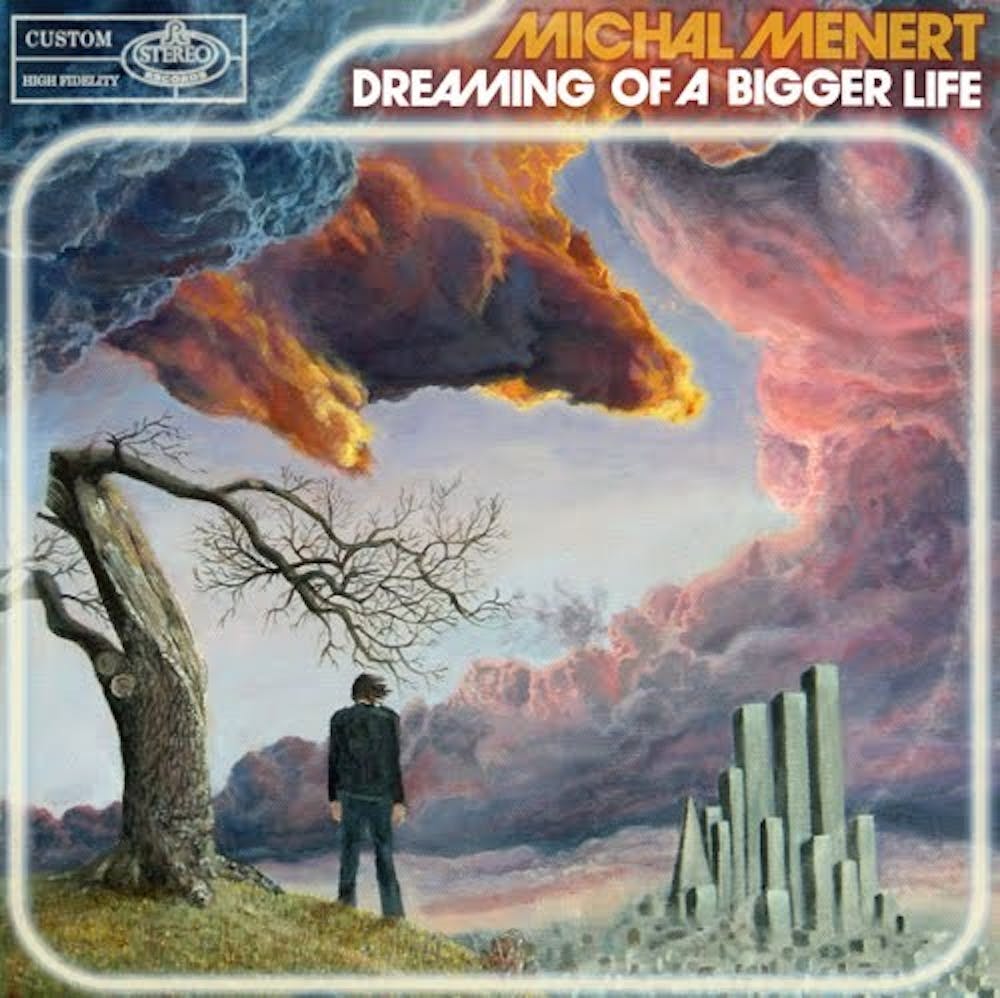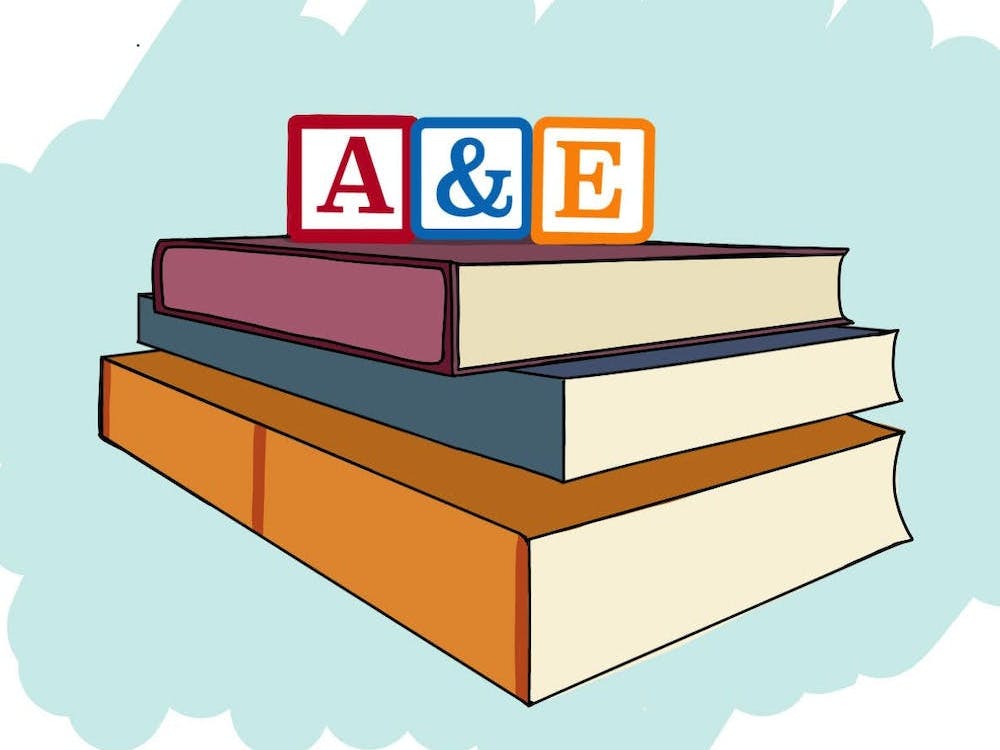Michal Menert discovered the power of music at a young age — finding in it something inexplicable that resonates with shared human emotions. He is currently on tour with Griz and Late Night Radio.
Arts & Entertainment caught up with Menert after the official launch of his new label, Super Best Records.
Arts & Entertainment: What was the motivation behind Super Best Records?
Michal Menert: It’s a vinyl-based label, so everything is released on a physical format. We still do things digitally, but I feel like a lot of the patience that went along with listening to music has dissipated because of online availability and accessibility. We want listeners to have a kind of ownership and personal relationship with the albums.
A&E: What’s the story behind the first album on your label, Elements?
MM: Growing up, I was fascinated by alchemy, which is turning lead into gold or changing the property of things. So basically, it’s taking samples off of forgotten albums and turning them into something new that people can appreciate now. I created songs around the four basic elements of fire, water, earth and air.
A&E: The EDM scene has noticeably blown up in the last few years. What are your thoughts on this explosion?
MM: I feel like a lot of producers, myself included, get stuck in this loop of worrying about keeping the fans interested. But I don’t want the personal expression to be lost. It’s finding that middle ground — saying what needs to be said but in a way that others can understand. Music is a communication tool. Art and expression are the only things that science can’t quantize. You can explain music theory and harmonics, ideas and themes of songs, but you can’t make a machine to create the things the emotions that a human can. That’s an important asset that people forget: it’s not a formula, but it’s easy to fall back on patterns. If EDM as a whole keeps focusing on only one aspect, it’s going to continue growing in one direction, but the artistic credibility and the way the world sees it is going to be less serious.
Personally, I have recently been less focused on how my songs will sound when I play them live for people and how they will understand it. I am trying to back off from having upfront, heavy drums and bass lines that are just made for dance floors. In my past albums I was more concerned about getting people’s attention and being able to have something that translates both in the album and at a show.
With “Elements,” and the next one I’m working on “Space Jazz,” I’ve been more receptive to what the song needs and not what the club needs. The song flows the way I want to without being worried about what fans think about when I play it live. Basically, I think that there’s a lot of room for beautiful people to show the world their sincerity and personality through music without worrying about other people thinking they’re less professional.
A&E: Is it ever challenging for you to revisit emotions that you put into your music while on stage?
MM: There’s a lot of music that I’ve made for people who I’ve lost, so it brings up emotions that are heavy but beautiful. But it’s actually the opposite of difficult — it’s very easy. It’s great to be able to fall in those little holes in your past. Sometimes you can only feel certain emotions and moments when listening to a song. Being able to have those moments recur, losing yourself in a song like that, it’s magical.
Michal Menert performed with Griz last Wednesday, April 16, at the Jefferson.






